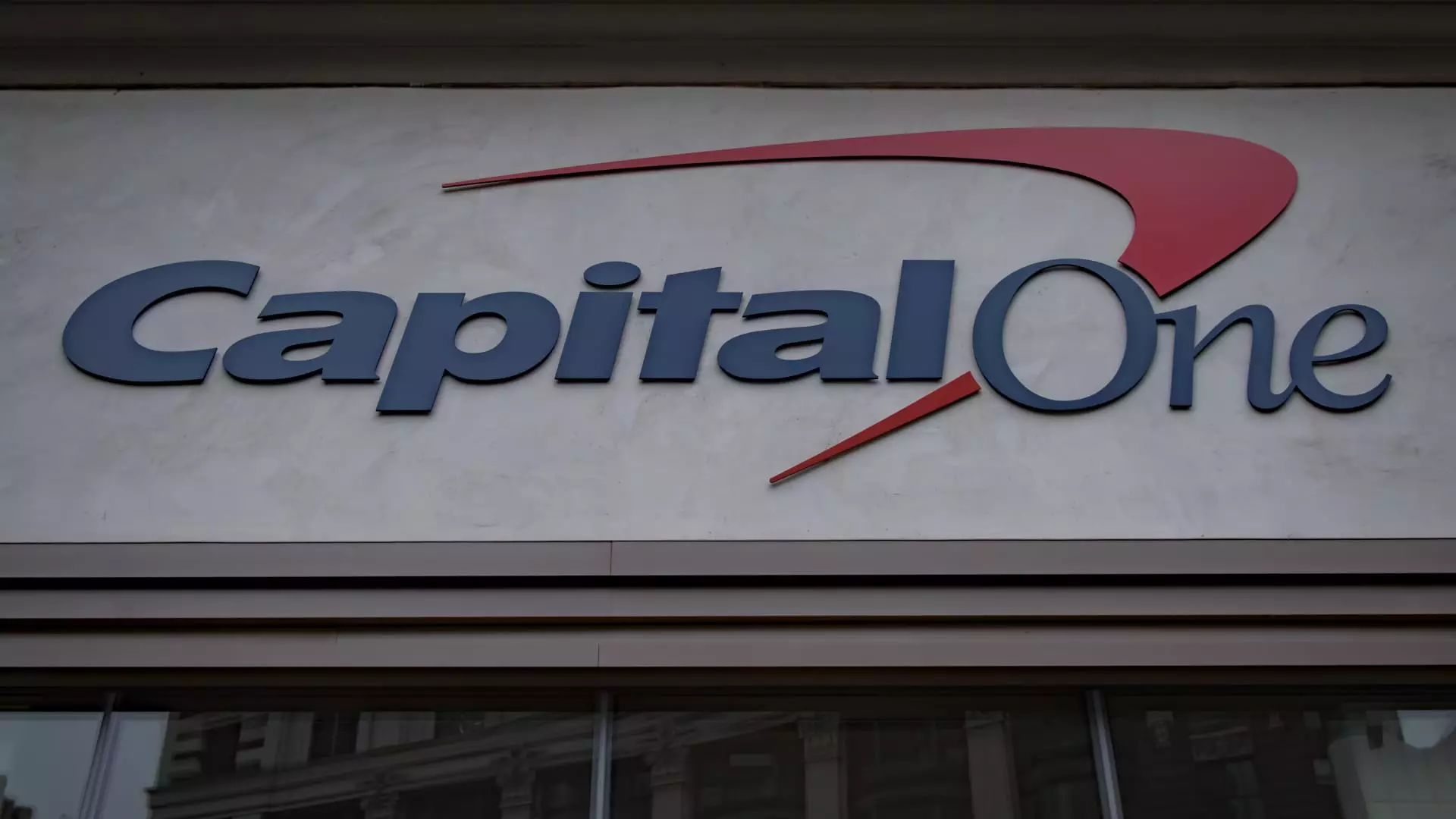The recent Federal Reserve and Office of the Comptroller of the Currency approval of Capital One Financial’s acquisition of Discover Financial Services marks a potentially groundbreaking moment in the U.S. banking sector. This $35.3 billion all-stock agreement might be showered with excitement by optimistic investors and the involved companies, but a deeper analysis raises important questions about the overarching impacts on competition, consumer choice, and regulatory integrity.
In a world where trusts in mega-corporations wane, this merger could evolve into a double-edged sword. While the financial strength promised by the consolidation might present appealing benefits, we must critically examine the implications for the everyday consumer. In theory, the proposal seems straightforward—the integration of resources could enhance efficiencies and drive down costs. However, the reality may be far more complex. Large financial institutions often leverage their power to dominate markets, pushing smaller players to the margins and limiting consumer options.
Regulatory Oversight: A Slippery Slope?
The Federal Reserve’s evaluation criteria may tout the importance of assessing managerial resources and community needs, yet one might wonder if such assessments can ever be truly objective. The preoccupation with operational smoothness and financial metrics can overshadow crucial consumer protection concerns. When the regulators emphasize ‘competitive stability,’ one must question the long-term fate of smaller banks and credit unions, which could find themselves suffocated under the oppressive weight of oligopolistic control. This takeover erodes genuine competition, stirring concerns that the market balance may tip perilously towards a few key players dictating services and fees.
While some will argue that bigger is better in banking, it is vital to remember that historical precedents remind us of the risks. The fallout from previous mergers, like the disastrous aftermath faced by other combined financial giants, raises alarms. Banks that grow too large risk becoming too “too big to fail”—a concept that invites moral hazards and aligns too closely with taxpayer-funded rescues. This merger asks us, are we trading our need for choices and innovations for mere convenience?
The Impacts on Consumer Experience
As Capital One prepares to expand through this acquisition, the proposed increase in deposit bases and credit card offerings could tantalize consumers with the allure of promotions and varied products. Still, this convenience may come at a cost—namely, the potential stifling of personalized services that community banks and local institutions often provide. Consolidation in industries typically leads to homogenization of offerings that cater more toward efficiency metrics rather than individual consumer needs.
Most disturbingly, the significant premium offered to Discover shareholders—1.0192 Capital One shares for each Discover share—raises eyebrows. This financial maneuvering may satisfy stakeholders in the short term but also creates apprehension about the long-term direction—where profit optimization may replace customer-centric cultures.
This merger’s approval suggests optimism from regulators, yet we must carefully tread this path ahead. As firms become larger and more intertwined in our financial fabric, it’s essential that a vigilant eye is cast over the emerging landscape—one where the lure of consolidation mustn’t overshadow the principle of consumer choice and community engagement.

